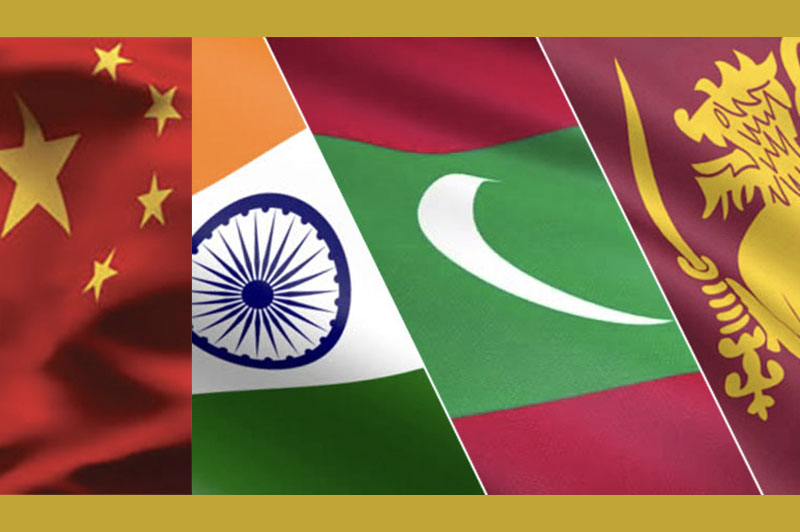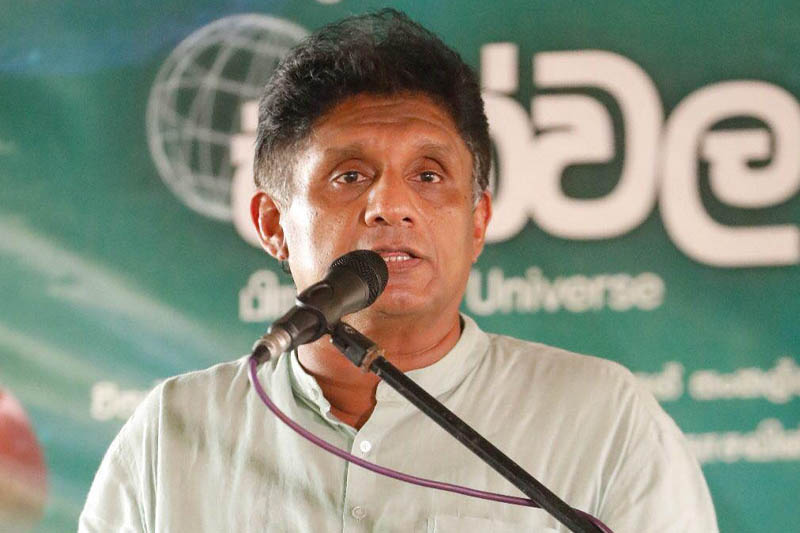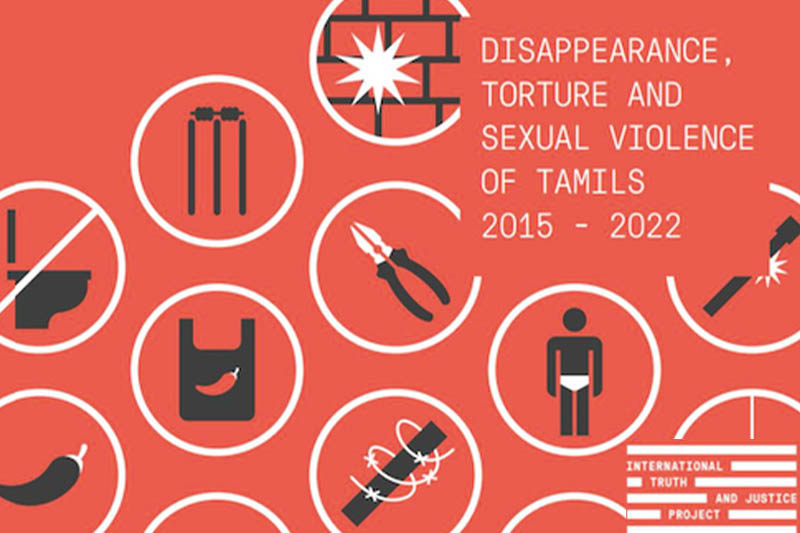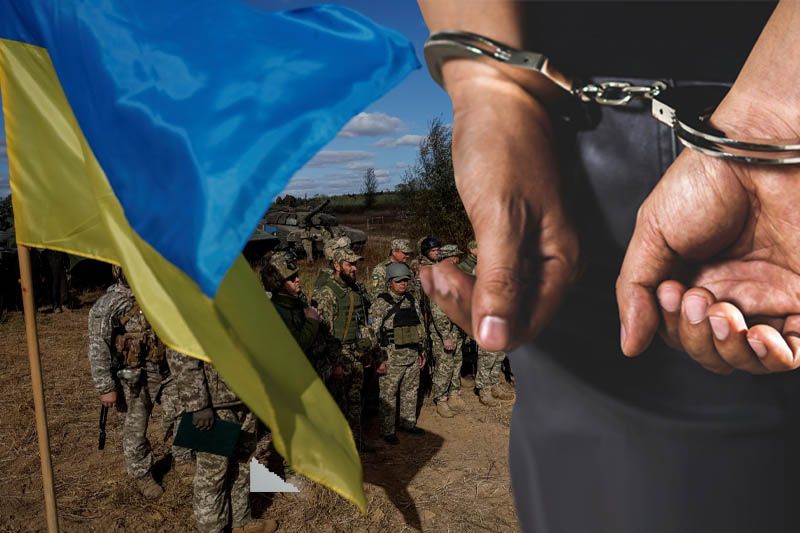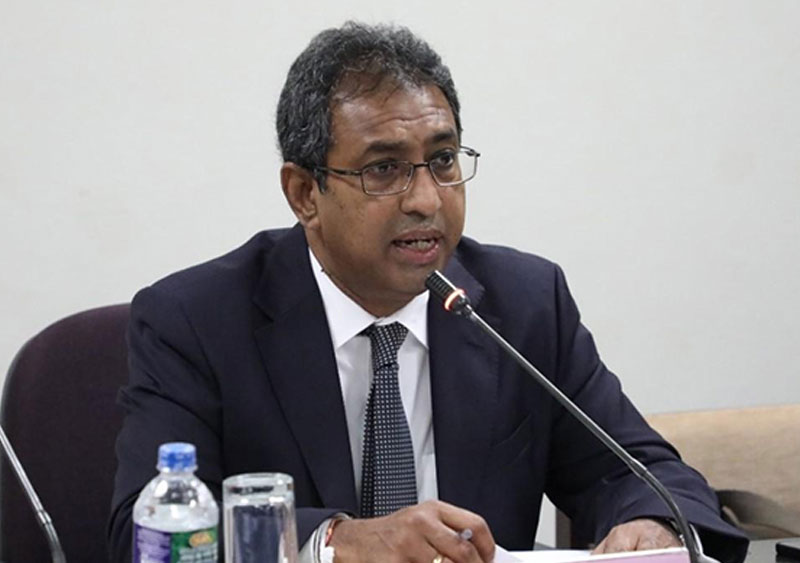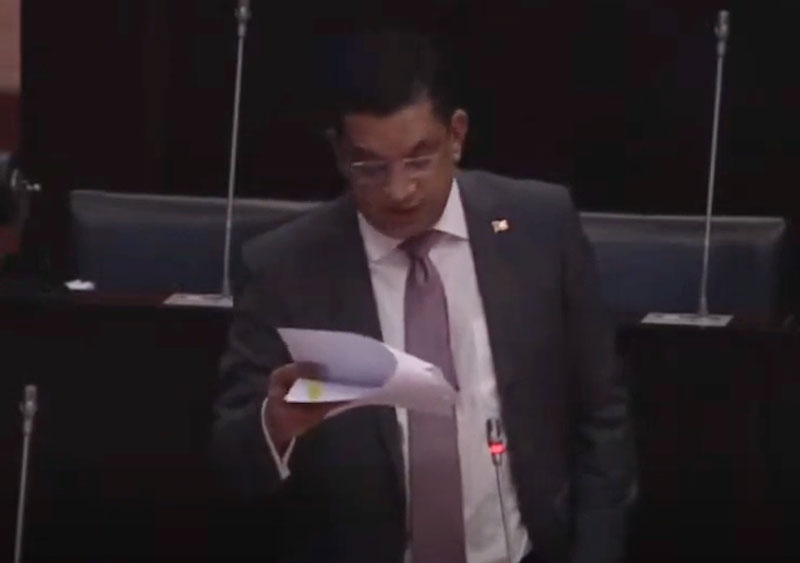By Aryan D.M.
Introduction:
The Indian Ocean region has long been a hotspot for geopolitical maneuvering, with nations like Sri Lanka and the Maldives playing crucial roles due to their strategic locations.
Any significant shift in the foreign policy of one of these nations, particularly towards a global power like China, can have profound implications for the region's strategic balance and dynamics.
This essay explores how such a shift in the Maldives' foreign policy towards China could impact Sri Lanka's strategic interests and regional dynamics.
1. Geopolitical Balance and Sri Lanka's Foreign Policy:
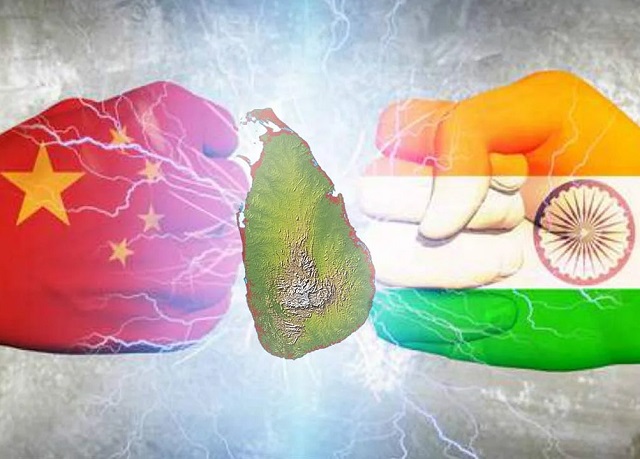
PIC: SL Guardian
Sri Lanka's foreign policy has traditionally focused on maintaining a delicate balance between major regional powers, especially India and China (Jayasuriya, 2013).
This equilibrium has allowed Sri Lanka to secure economic investments and political support from multiple sources. However, if the Maldives, another key nation in the Indian Ocean, were to pivot towards a closer alignment with China, it could disrupt this equilibrium.
Sri Lanka, positioned as it is at the crossroads of major international shipping routes, has strategically managed to leverage its location for economic gain and political influence.
A shift in the Maldives' foreign policy towards China could result in increased pressure on Sri Lanka to reassess its own foreign policy alignment (Senanayake, 2019).
The nation may find itself caught between competing regional interests, potentially impacting its diplomatic relationships and economic stability.
2. Security Concerns and Maritime Stability:
The Indian Ocean is of vital importance to global trade, and any changes in the regional security environment can have far-reaching consequences.
If the Maldives deepens its ties with China, it could lead to an increased Chinese naval presence in the Indian Ocean (Satyapal, 2020).
This development would be a cause for concern for Sri Lanka, as it might alter the maritime security landscape in the region.
Sri Lanka's geographic position has made it a focal point for maritime security initiatives in the Indian Ocean.
The nation plays an essential role in combating piracy, ensuring safe passage for shipping, and responding to security threats (Smith, 2017).
A significant expansion of Chinese naval activities due to a Maldivian realignment could force Sri Lanka to reevaluate its security strategies, potentially leading to increased defense expenditures and adjustments in its naval capabilities (Perera, 2021).
3. Economic Competition in Tourism:
Both Sri Lanka and the Maldives rely heavily on tourism as a major economic driver.
While Sri Lanka is known for its cultural heritage and lush landscapes, the Maldives is renowned for its luxury beach resorts and pristine marine environments (Ibrahim & King, 2019). If the Maldives strengthens its economic ties with China, there could be increased Chinese investments in its tourism sector.
This economic competition could impact Sri Lanka's tourism industry (Rambukwella, 2020). The two nations, while offering distinct experiences, may find themselves vying for the same global tourist market.
Sri Lanka may need to innovate and market itself differently to maintain its competitiveness in the face of a burgeoning Maldivian-Chinese tourism relationship (Palihawadana & Imran, 2018).
4. Influence on Regional Organizations:
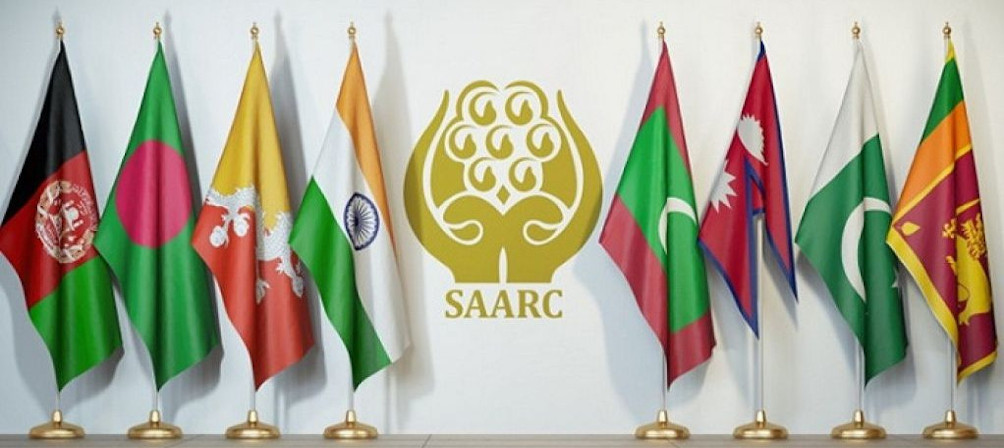
Sri Lanka and the Maldives are both members of regional organizations such as the South Asian Association for Regional Cooperation (SAARC).
The foreign policy shift in the Maldives towards China could influence the dynamics within these organizations. China's growing influence within SAARC, for instance, could lead to changes in regional decision-making (Sharma, 2016).
Sri Lanka's participation in these organizations is important for its own interests and regional stability (Jayatilleke, 2014). A realignment of the Maldives could lead to shifting alliances and priorities within these forums.
Sri Lanka would need to carefully navigate these changes to protect its interests and maintain its influence within regional organizations (Samaranayake, 2017).
5. Indian Concerns and Regional Rivalries:
India, with its historical ties and strategic interests in the Indian Ocean, closely monitors developments in neighboring countries like Sri Lanka and the Maldives (Panda, 2021).
A closer Maldivian-Chinese relationship could be perceived as a challenge to India's influence in the region. This situation could lead to increased diplomatic tensions and regional rivalries (Roy, 2019).
Sri Lanka, situated between India and the Maldives, might find itself in a complex diplomatic position (Swami, 2020). It would need to carefully manage its relations with both India and China to avoid being caught in the crossfire of regional power struggles.
Navigating these relationships would be crucial to ensuring its own stability and security (Mohanty, 2018).
6. Infrastructure and Investment Implications:
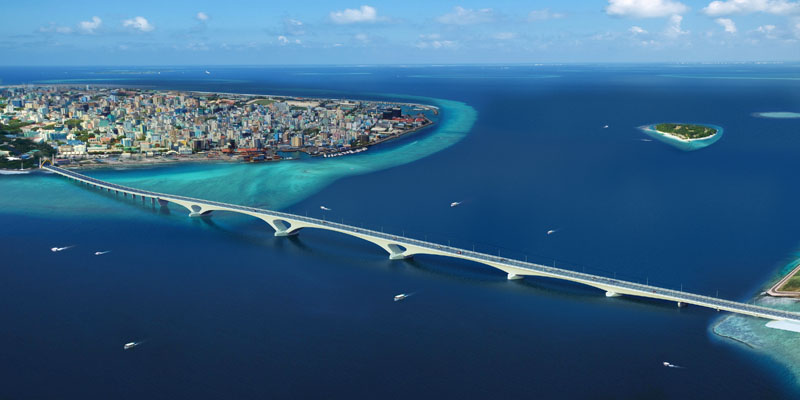
Sinamalé Bridge, developed as part of the Belt and Road Initiative, connects the Capital City Malé with Hulhumalé and Hulhulé of Maldives. (Photo: CSNEC)
China's Belt and Road Initiative (BRI) has been instrumental in fostering economic ties with numerous nations, including Sri Lanka (Pethiyagoda, 2021).
If the Maldives deepens its economic engagement with China, there may be implications for Sri Lanka in terms of competition for Chinese investments and infrastructure projects (Athukorala, 2016).
Sri Lanka's experience with Chinese loans and infrastructure projects, notably the Hambantota Port, has raised concerns about sovereignty and debt traps (Silva, 2015).
The nation would need to carefully assess the potential consequences of a Maldivian-Chinese economic partnership and adapt its own infrastructure and investment plans accordingly (Jayasuriya & Vithanage, 2020).
Scenarios for the Region:
- Best Case Scenario for the Region: In this scenario, the Maldives' closer alignment with China leads to increased economic cooperation in the Indian Ocean region. All parties, including Sri Lanka, work together to ensure stability, leading to economic growth and peaceful coexistence.
- Second Best Case Scenario for the Region: The region experiences some diplomatic tensions due to the Maldives' realignment. However, proactive diplomacy and conflict resolution mechanisms prevent any major conflicts, and the region adapts to the changing dynamics.
- Worst Case Scenario for the Region: Diplomatic tensions escalate, leading to regional rivalries and security challenges. Increased naval activities in the Indian Ocean raise the risk of conflicts, impacting trade and stability.
- Second Worst Case Scenario for the Region: In this scenario, economic competition between the Maldives and Sri Lanka intensifies. Both nations struggle to attract tourists, leading to economic challenges for the region.
Strategic Advice for Sri Lanka
In light of the complexities and challenges posed by geo-power maneuvering in smaller nations' internal political dynamics, Sri Lanka must adopt a prudent and proactive approach to safeguard its interests:
- Diversify Foreign Relations: Sri Lanka should continue diversifying its foreign relations to avoid overdependence on any single power. Engaging with a variety of nations can provide diplomatic leverage.
- Enhance Maritime Security: Strengthening its maritime security capabilities and cooperating with like-minded nations can help Sri Lanka protect its interests in the Indian Ocean.
- Economic Resilience: Sri Lanka should focus on building economic resilience, reducing debt vulnerabilities, and improving its investment climate to mitigate external pressures.
- Robust Diplomacy: Effective diplomacy is essential. Sri Lanka should engage in open and transparent dialogue with regional powers and convey its commitment to maintaining stability.
- Promote Regional Cooperation: Active participation in regional forums like SAARC is vital. Sri Lanka should advocate for regional stability and collaborate on common challenges.
- Strategic Alliances: Forming strategic alliances with regional neighbors and other maritime nations can provide added security and diplomatic support.
- Public Awareness: Engaging the public and creating awareness about the implications of geopolitical shifts can garner support for informed foreign policy decisions.
By adopting these strategies, Sri Lanka can navigate the evolving regional landscape with resilience and safeguard its interests against external pressures.
Conclusion
In conclusion, a shift in the Maldives' foreign policy towards closer alignment with China has the potential to disrupt the strategic balance and regional dynamics of the Indian Ocean region.
Sri Lanka, as a neighboring nation with its own strategic interests, must carefully assess the implications of such a shift. It is crucial for Sri Lanka to adapt its foreign policy, security strategies, and economic planning to maintain stability and protect its interests in the evolving regional landscape.
The geopolitical chessboard of the Indian Ocean is in flux, and Sri Lanka must play its pieces wisely to safeguard its position and prosperity in this dynamic arena.

